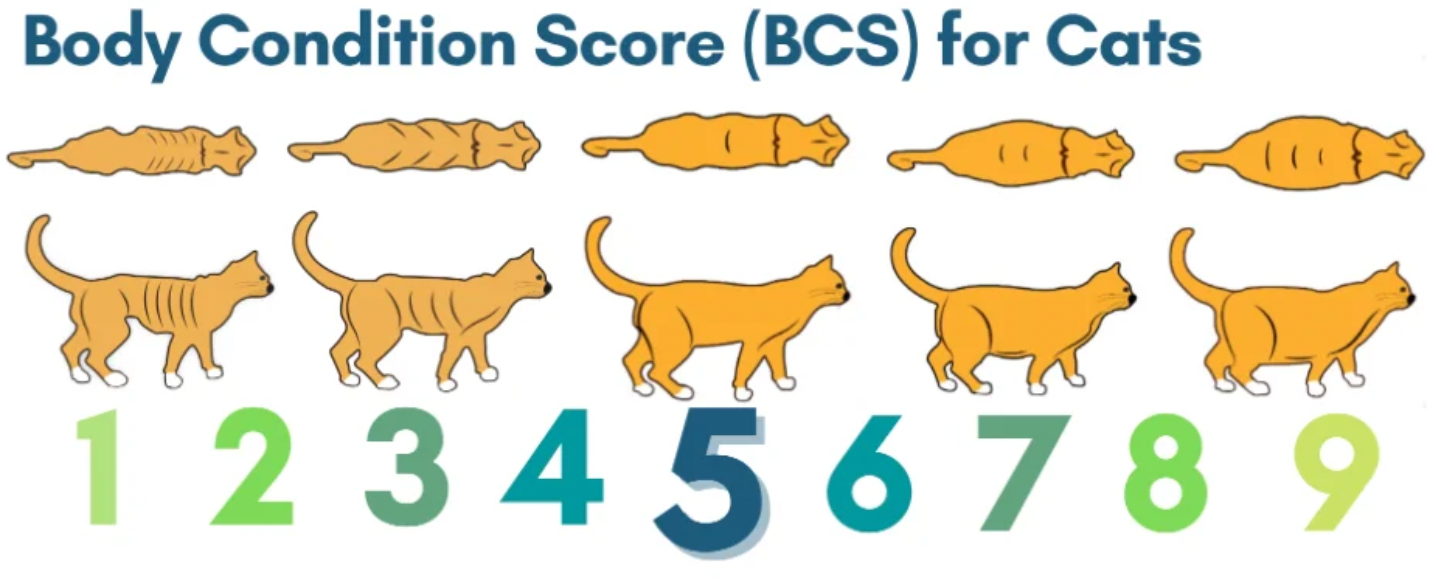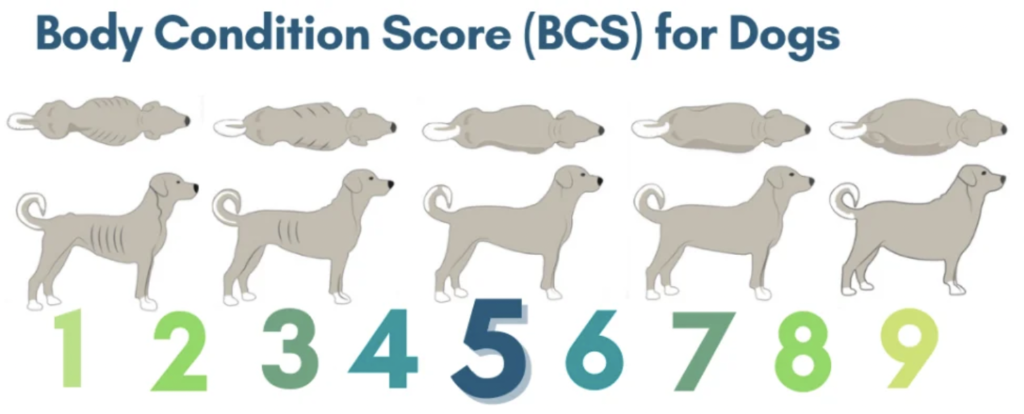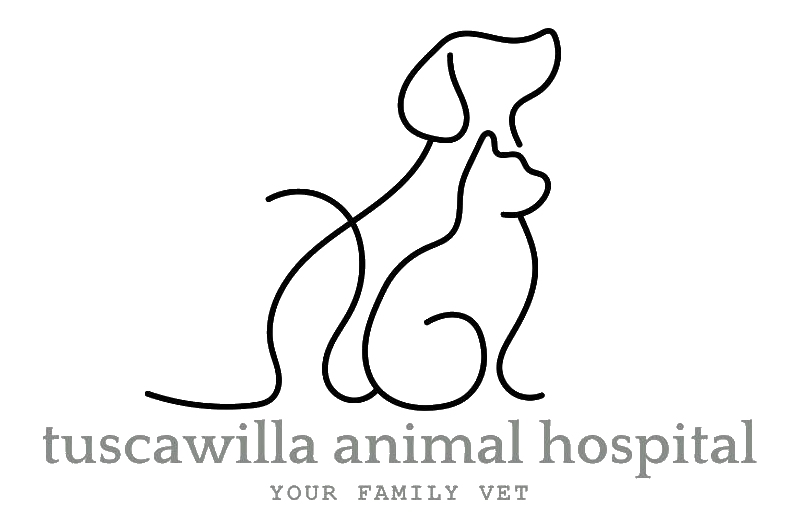Why Your Pet’s Weight Matters
Tuscawilla Animal hospital

Keeping Your Pet Fit: Why Maintaining a Healthy Weight Matters
As pet owners, we all want our pets to be happy and healthy. One of the most important factors in maintaining your pet’s well-being is their weight, which can be assessed through their Body Condition Score (BCS). A healthy BCS means your pet is at the ideal weight for their breed and size. In this blog, we’ll explore the benefits of keeping your pet fit, maintaining a healthy weight, and the negative health consequences that come with pet obesity.
What is a Body Condition Score?
A Body Condition Score is a system used by veterinarians to assess a pet’s body fat. The scale typically ranges from 1 to 9, with 1 being severely underweight and 9 representing extreme obesity. A score of 4 or 5 indicates an ideal, healthy weight, where your pet’s ribs can be felt but not seen, and their waist is clearly defined. Keeping your pet in this range can improve their overall quality of life and longevity.


Benefits of Maintaining a Healthy BCS
- Improved Mobility and Joint Health: Pets at a healthy weight are more active and agile, putting less strain on their joints and ligaments. Carrying excess weight can lead to joint problems like arthritis and increase the risk of injuries such as ligament tears. By keeping your pet at an ideal BCS, you’re protecting their mobility and reducing the chances of long-term joint issues.
- Enhanced Heart Health: Just like in humans, being overweight puts unnecessary stress on your pet’s heart. Maintaining a healthy weight helps reduce the risk of heart disease, high blood pressure, and other cardiovascular issues. A pet with an ideal BCS is more likely to have a stronger, healthier heart and a lower risk of serious health complications.
- Longer Lifespan: Numerous studies show that pets with a healthy body weight live longer, healthier lives. By preventing obesity, you can add years to your pet’s life, helping them stay active and vibrant well into their senior years.
- Better Energy and Stamina: A healthy-weight pet will have more energy to play, walk, and enjoy life. Obesity can make your pet lethargic and disinterested in activities they once enjoyed. Keeping your pet fit ensures that they’ll have the stamina for all those fun moments, from playing fetch to going on hikes.
- Reduced Risk of Diseases: Obesity in pets is linked to a variety of health issues, including diabetes, liver disease, and certain cancers. By managing your pet’s weight, you’re significantly reducing the risk of these life-threatening conditions.
The Negative Health Consequences of Overweight Pets
- Joint and Mobility Issues: Overweight dogs are at a much higher risk of developing osteoarthritis and joint problems due to the additional pressure on their joints. In severe cases, these issues can lead to chronic pain and mobility limitations, reducing your pet’s quality of life.
- Heart Disease and Hypertension: Excess fat can contribute to heart disease and high blood pressure in pets. These conditions can shorten your pet’s lifespan and increase the risk of heart failure, particularly as they age.
- Respiratory Problems: Obesity makes it harder for pets to breathe, especially during physical activities. This can lead to respiratory issues, making exercise difficult and exacerbating weight problems in a vicious cycle.
- Increased Risk of Endocrine and Metabolic Conditions: Diabetes is a common issue in overweight pets, leading to lifelong health management challenges, including insulin injections and strict dietary controls. Managing your pet’s weight now can help prevent this condition altogether.
- Shortened Lifespan: An overweight pet is more likely to suffer from multiple health issues, leading to a shorter lifespan. Keeping your pet at a healthy BCS not only helps them live longer but also ensures a higher quality of life during their senior years.
How to Keep Your Dog’s Weight in Check
- Regular Exercise: Aim for at least 30 minutes of activity daily, depending on your pet’s breed and energy level.
- Healthy Diet: Consult your vet for a balanced diet plan that is nutritionally balanced and suited to your dog’s needs. Avoid overfeeding and limit high-calorie treats.
- Regular Vet Visits: At TAH we are more than happy help you monitor your dog’s weight and BCS, adjusting their diet, caloric requirements, or exercise plans as needed.
Keeping your pet at a healthy weight not only extends their life but also enhances their day-to-day comfort. By monitoring your pet’s Body Condition Score and staying proactive with their diet and exercise, you’re ensuring they’ll enjoy years of health, happiness, and fun by your side.
